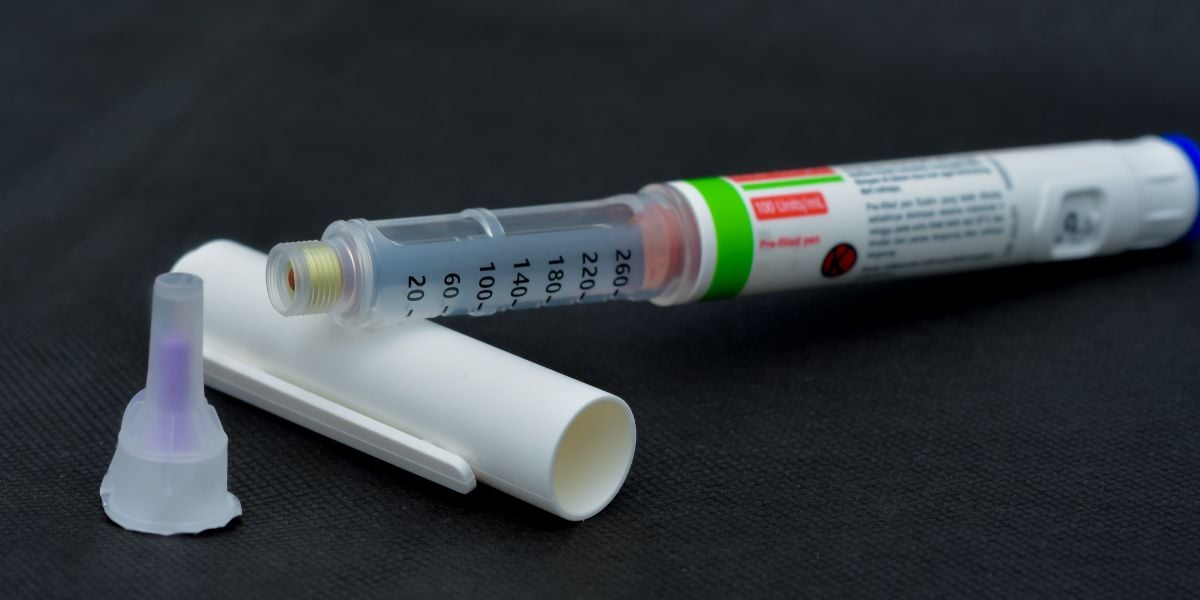What Is Insulin in The Body?

What Is Insulin and why people take it? Injections of insulin may be necessary for people who have diabetes of either type 1 or type 2 in order to assist their bodies in maintaining normal levels of blood sugar.
Insulin is a hormone that helps the body control the amount of sugar that is circulating in the blood.
It is beneficial in preventing either hyperglycemia (high blood sugar) or hypoglycemia (low blood sugar) from occurring in the body.
In the 1920s, insulin was identified as a potential therapy for diabetes, and shortly thereafter, Eli Lily started manufacturing large amounts of the insulin extract.
What Is insulin?
Before this discovery, diabetes was thought to be incurable and almost always resulted in death.
Within the pancreas are specialized cells known as beta cells, which are responsible for producing insulin. After eating, beta cells secrete insulin, which enables the body to either utilize the sugar already present in the blood or store it.
People who suffer from type 1 diabetes are unable to produce insulin because the beta cells in their bodies have been damaged or eliminated.
Those who have type 2 diabetes either do not produce enough insulin or their bodies are unable to make effective use of the insulin they do produce.
Insulin, either synthetic or animal, may need to be injected into people with diabetes of either type 1 or type 2 in order to assist their bodies in properly regulating their blood sugar levels. Diabetes test. Woman hands checking What Is Insulin in blood and sugar level by Glucose meter.

Types of Insulin
In order to treat diabetes, physicians may recommend one of many different forms of injectable insulin. What is insulin? include:
Insulin with a rapid onset of action: The effect of this kind of insulin may be felt around 15 minutes after it has been injected into the tissue that lies just under the skin.
It reaches its maximum effectiveness in approximately an hour but continues to be effective for another two to four hours.
In most cases, it is combined with long-acting insulin and administered before a meal.
In addition, there is a form of rapid What Is Insulin called Afrezza that may be breathed via the mouth rather than being injected, which may be more convenient for some individuals.
Insulin with a short duration of action begins to operate around 30 minutes after it has been injected into the body.
It reaches its maximum effectiveness in around two to three hours, but it continues to operate for three to six hours after that.
In most cases, it is administered concurrently with long-acting insulin before a meal.
Insulin with an intermediate duration of action begins to operate between two and four hours after it has been injected into the body.

It reaches its maximum effectiveness in around four to 12 hours, but it continues to operate for another 12–18 hours after that.
In most cases, it is recommended to take it twice a day in conjunction with a quick or short-acting type of insulin.
Insulin with a long duration of action begins to exert its effects many hours after it has been injected.
It maintains its effectiveness for about twenty-four hours and may be used with insulin with either a quick or a short duration of action.
Your doctor will help you choose What Is Insulin and which method of administration—an injectable pen (such as Toujeo), a syringe, or a pump—is ideal for your health condition and the way you live your life in order to treat your diabetes.

Insulin Pump
A device known as an What is insulin pump is able to provide either rapid-acting or short-acting insulin continuously throughout the day by way of a catheter that is very small and is inserted just beneath the skin.
People with type 1 diabetes use insulin pumps more frequently, but type 2 diabetics can also use these devices.
Insulin Side Effects
Insulin may induce certain adverse effects, including the following:
- My head hurts.
- Gain in weight.
- A condition known as hypoglycemia, or low blood sugar,

What Is Insulin ? Signs and symptoms of the flu
Insulin may sometimes provoke an allergic response at the injection site; however, this only happens very seldom.
Read More: Smart Ways to Save Money and Build Wealth 2023
Conclusion : (What Is Insulin / Insulin Overdose)
Insulin overdose may lead to significant adverse effects and even death in some people.If you think someone has taken too much of a drug, call a poison control center or go to the nearest hospital emergency room right away.
Read More: Marketing to Generation Z: Strategies for Reaching the New Digital Native 2023











